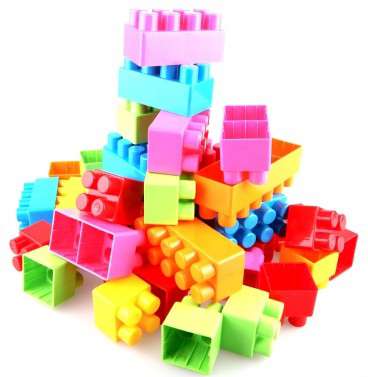
What makes an effective website? We polled web professionals from North Carolina and beyond to get their answers. In this post, we’re pleased to share their varied opinions on the elements and techniques for building successful sites and the future of the web.
What is the single most important element in a website?
Jeff: Appropriate information architecture.
Steve: Content; both text and images.
Melanie D.: Site organization/navigation. You need to be able to find what you’re looking for and where you’re going from there.
Reggie: Ease of navigation. The ability to quickly find what you came there for.
Conclusion: The best sites are user-friendly and easy to navigate, making it simple for the end-user to find exactly what he or she is seeking.
What is the biggest mistake people make when designing their own website?
Jason D.: Not having a cohesive vision before starting to throw content on the site. This makes it hard to form a consistent navigation/menu structure.
Thom: Trying to cram too much into one page
Jeremy: Too many bells and whistles and too little reason why
Steve: They build it for themselves, build it by committee and not for their audience
Kash: Not thinking about the end-user; too much focus on themselves
Conclusion: The best sites keep it simple and are created with the end-user in mind.
What is the most important part of a company’s website?
Steve: Contact information and a call to action
Jeremy: A strong message around why your company is right for me. Being sure to answer what separates you from the rest.
Melanie D.: The welcome message the user reads the first time they visit a site; be sure they can figure out what the company does right away.
In addition, Reggie and Kash referenced the homepage as it sets your first impression. If you lose guests with the first look, you may not have another opportunity to engage them anywhere else.
Conclusion: Know what you want to accomplish with your site (and why guests will be viewing it), and make your message specific, clear and concise.
What is, in your opinion, the biggest design mistake a small business can make?
Jeremy: Not highlighting how to get in touch with them, the lack of a call to action.
Mark: Basic SEO mistakes like having important keywords and text presented in images and/or Flash.
Reggie: Not enough content. I’ve been given a business card and asked to design a site. Regardless of all of the tips and techniques for good search engine positioning, content still is and always will be the key. Scrimp on content, and you’re putting yourself behind the eight-ball in regards to visibility.
Kash: Outsourcing without basic website know-how.
Jason D.: Rushing the process and not adequately reviewing the results of each step along the way.
Melanie D.: Not procuring the services of a gifted web designer.
Steve: Not evaluating the necessity of every item on a page.
Thom: Hiring the party that costs the least
Conclusion: Beware of these mistakes! Plan ahead, and keep your goals and objectives in mind at every step. Get referrals for several designers before outsourcing your web project; ask questions and view portfolios to find a vendor who is the right fit for your needs.
What type of content is the most engaging?
Three out of eight of those polled (Reggie, Thom and Steve) cited images. However, Steve pointed out that while images are typically the most engaging, one should test various content to see what one’s audience responds to best. Other answers were How- to or Q&A posts (Jeremy) and newsletters (Jeff).
Conclusion: The best content for your site is what engages your readers/viewers. Know your audience.
What amount of money should one expect to spend when having a custom website built?
The responses to this question ranged from $500 for a basic starter site to six-digit price tags. Steve gives us insight into this wide price range: “It varies. If it’s an e-commerce site that will generate $100,000 in additional revenue for the client, then $10,000 [is a reasonable investment in the site.]”
Conclusion: Consider the return you can expect to generate from the site when determining what to invest to have it developed.
What do you see as the future of website design?
Jason D.: Fewer traditional sites, more of a progression to “app” sites that have a web face, as well as a mobile app, both of which track users and remind them of upcoming events, etc.
Thom: More mobile and responsive
Jeremy: Mobile, tablets, desktops, TVs, oh my!
Conclusion: Shop for a designer/developer who knows the up and coming trends in web technology. It’s always changing!
In over your head with web development? Page Progressive’s Raleigh design team is glad to help. Please contact us with your questions or for a no-cost project estimate.
Page Progressive thanks the following web professionals for taking the time to answer our questions in order to make this post possible. We’ll publish more posts based on their insights in the near future. Stay tuned!
Jeremy Sisk, Xperience 4 Higher
Mark Price, TQ Hosting
Jeff Foutch, Page Progressive
Steve Kenow, Christian Web Resources
Reggie Byrum, NC Web Pros
Jason & Melanie Dogan, Vigor Creative
Kash Mughal, Kash LLC
Thom Casey, WebDrafter
Image courtesy of nenovbrothers/FreeDigitalPhotos.net